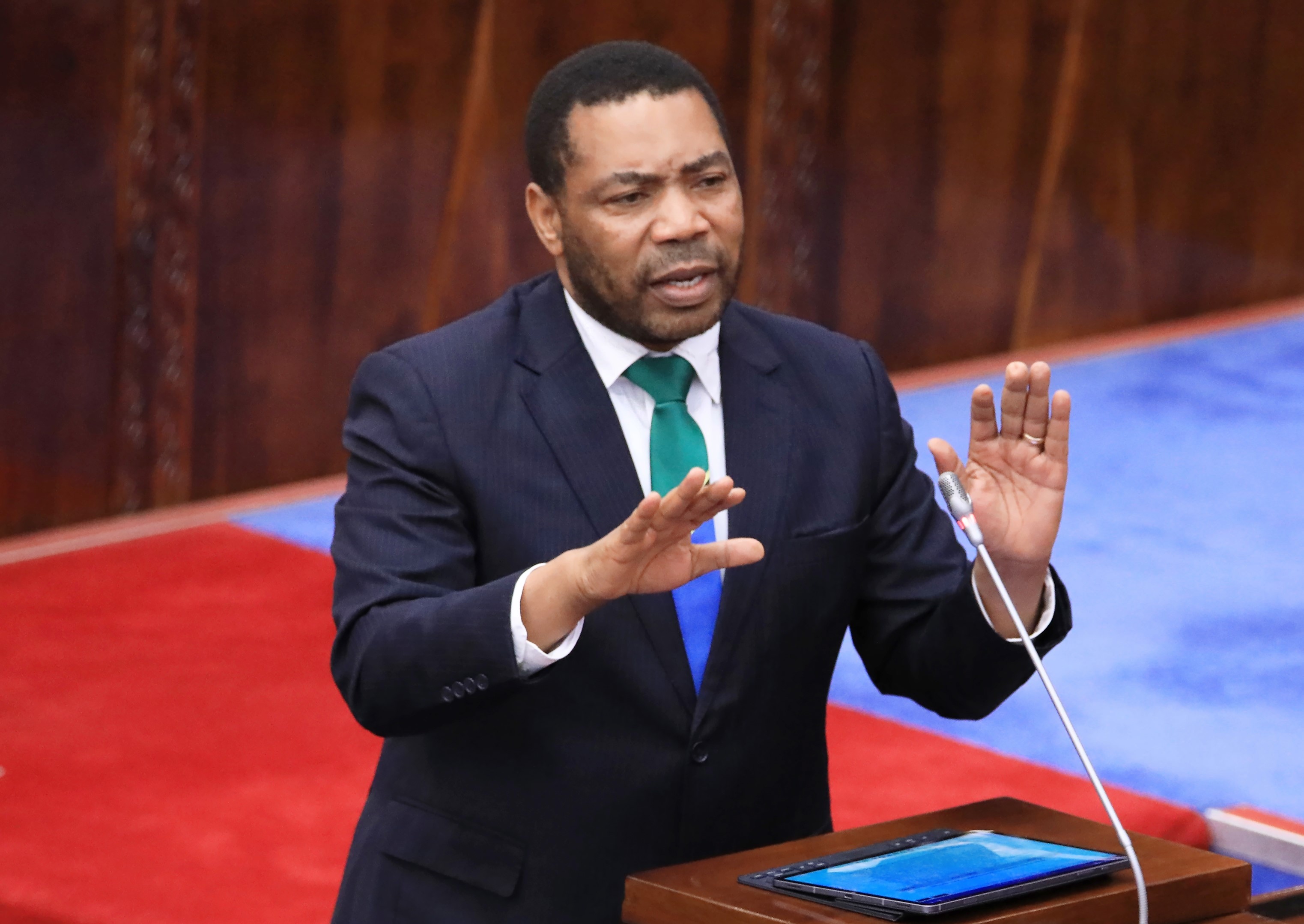How Pakistan applies the Islamic state’s draconian laws to repress Balochistan

Balochistan is on the precipice of facing a major military operation and proxy warfare, which will further destabilize the province and lead to massive human rights violations.
Two simultaneous developments have taken place in the province under the Pakistan military’s ‘hard state’ policy.
First, the Balochistan Assembly adopted the Anti-Terrorism (Balochistan Amendment) Act, 2025, which has sparked serious human rights concerns as it grants law enforcement agencies (LEAs) sweeping powers to detain individuals for up to three months without formal charges.
Second, in a recently released 12-page-long Persian language booklet by the Islamic State Khorasan-affiliated Al-Azaim Media Foundation, the Islamic State has issued a warning to Baloch nationalist militants, accusing them of betrayal and collusion with the United States, Afghan Taliban, and Pakistani authorities.
Furthermore, IS-K escalated matters by issuing an audio statement formally declaring war on Baloch insurgents. These two developments show that the military intends to quash the Baloch rebellion legally and through its “trusted” terror proxies.
The mastermind of this “hard” strategy is Field Marshal Syed Asim Munir, who has on multiple occasions warned of violently suppressing the voices of the Baloch people.
The leader of the Baloch Yakjehti Commission (BYC), Dr. Mahrang Baloch, along with other prominent activists, is languishing in jail on fabricated charges, and there have been reports of their potential long-term imprisonment or assassination attempts supported by the military-backed armed groups.
Several human rights groups and local politicians in Pakistan have raised concerns regarding the new ‘hard state’ policy in Balochistan, which has initiated a new phase of armed rebellion and army-backed violence in the region. Incidents of enforced disappearances, extrajudicial killings of local journalists, activists, and political representatives have substantially increased in recent months.
As the military is now planning to use the ISIS-K against Baloch groups, internal instability is bound to rise in the province, with increasing chances of innocent civilians getting targeted in the crossfire.
Expressing concerns on recent developments in Balochistan, former senator and Pashtun nationalist leader Afrasiab Khattak called on the Pakistani state to explain the growing influence of ISIS-K following threats issued by the group against Baloch communities and pro-independence outfits. Khattak warned that the presence of ISIS-K evokes memories of al-Qaeda’s activities in the region two decades ago and demanded transparency from Pakistan’s intelligence and security apparatus on allowing the terror outfit to operate freely in Balochistan. It is a clear sign that the Pakistan military is playing a dangerous game by using an internationally recognized terror outfit against local Baloch rebel groups to destabilize the minerals-rich province with assistance from China.
Sources indicate that Beijing is deeply involved in formulating the security policy in Balochistan to safeguard its economic interests and the China Pakistan Economic Corridor (CPEC) projects. As China is planning to provide new air assets to Pakistan after India’s successful Operation Sindoor, the latter is willing to compromise its sovereignty further and jeopardize the policy-making process.
Former U.S. Ambassador to Afghanistan and Special Envoy Zalmay Khalilzad also reacted strongly to the developments in Balochistan. He stated that ISIS-K and Pakistani security forces now appear aligned against Baloch nationalist groups, a shift he described as a dangerous turning point in the region’s power dynamics.
Khalilzad warned the international community that the evolving nexus between extremist organizations and state forces in Balochistan could have grave implications for regional peace and stability.
As a non-permanent member of the United Nations Security Council (UNSC), Pakistan has been trying hard to play the victim card on the issue of terrorism to garner sympathy from the member countries and portray India as an ‘aggressor’.
On the other hand, Pakistan is playing the same old “double game,” where it is arming anti-India terror outfits like Lashkar-i-Tayyaba (LeT), Jaish-e-Mohammad (JeM), al-Qaeda in Indian Subcontinent (AQIS), etc, and quietly backing the ISIS-K to make inroads in Balochistan to suppress Baloch nationalist groups.
Moreover, the voices of peace and stability can now be treated as “extremists” under the new Anti-Terrorism (Balochistan Amendment) Act, 2025. Under its provisions, anyone suspected of anti-terrorism offenses may be held in preventive detention for up to three months for inquiry purposes.
These investigations will be conducted by police officers of Superintendent rank or higher, or through Joint Interrogation Teams (JIT). When detention orders originate from armed forces or intelligence agencies, JITs comprising members of the concerned agency will lead the inquiry.
The legislation grants investigating officers extensive powers, including search, arrest, and property seizure authority.
Detainees may be confined in detention, rehabilitation, or de-radicalization centers and can be transferred between law enforcement agencies upon written request from investigating officers. Detainees will be assessed for their “ideological disposition” and mental, physical, and psychological condition, with recommendations for transfers to rehabilitation or de-radicalization centers when necessary.
The absolute arbitrariness of the new law and the state’s desperation to legally suppress voices of dissent will wreak havoc in Balochistan, which faces daily cases of extrajudicial targeting of civilians.
Under Field Marshal Munir, Pakistan’s judiciary has been completely overhauled and weakened after the passage of the 26th Constitutional Amendment in October 2024.
The International Commission of Jurists (ICJ) had warned that the amendment seriously undermined the independence of the judiciary by unduly subjecting it to executive and Parliamentary control.
Consequently, the Pakistan military is now using the judiciary to pass controversial laws and bills that take away the fundamental rights of citizens, particularly those of religious and ethnic minorities such as Baloch and Pashtuns.
Commenting on the ATA amendment in Balochistan, the Human Rights Commission of Pakistan (HRCP) characterized the bill’s preventive detention powers as “an unacceptable measure that undermines the fundamental rights to liberty, due process, and protection from arbitrary arrest.”
It warned that granting law enforcement “unchecked authority to search, arrest and seize material during ‘inquiries’ is liable to misuse and erodes constitutional safeguards.” Unfortunately, these warnings will go to waste as Field Marshal Munir has decided to turn Pakistan into a hard, military state with the Chinese support and the sheer ignorance of Western countries.
Since Pakistan is a non-permanent member of the UNSC, the international community should take a serious note of Munir’s dangerous game of using ISIS-K and laws to jeopardize internal and regional stability, which may also lead to intense military clashes.


